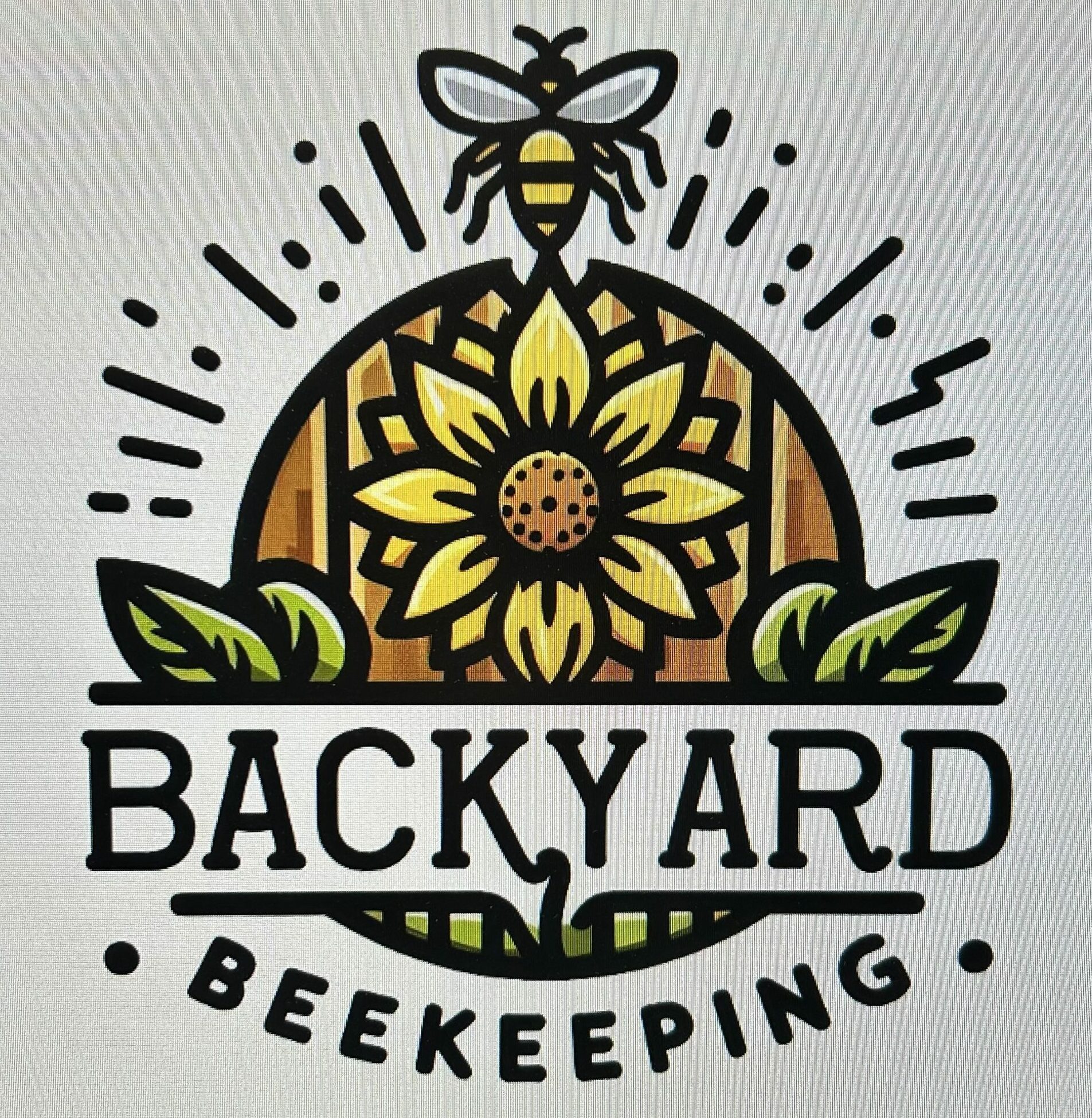The Benefits of Joining Beekeeping Clubs and Associations
- Access to Expert Knowledge and Resources
- Opportunities for Networking with Fellow Beekeepers
- Collective Problem-Solving and Sharing Best Practices
- Hands-On Workshops and Training Sessions
- Finding Local Support and Mentorship Programs
- Discounts on Beekeeping Supplies and Equipment
- Staying Updated on Local Beekeeping Regulations and Policies
- Promoting Advocacy and Conservation Efforts
- Building a Stronger Beekeeping Community
Benefits of Joining Bee Clubs and Associations
- Access to Educational Resources: Bee clubs and associations often offer workshops, seminars, and presentations by experienced beekeepers or experts in the field. These resources help beekeepers improve their knowledge and skills, covering topics like hive management, pest control, and honey production.
- Mentorship and Community Support: New beekeepers can benefit from mentoring programs where more experienced beekeepers offer guidance. Having a community to share challenges and successes with can be invaluable, especially for troubleshooting hive issues or learning best practices.
- Networking Opportunities: Bee clubs provide opportunities to connect with other beekeepers, forming a network of support. Networking can also lead to partnerships, access to local suppliers, or even job opportunities within the beekeeping industry.
- Access to Equipment and Supplies: Some clubs have equipment loan programs or discounts with suppliers. Joining a club can provide access to hive tools, honey extractors, and other equipment without needing to make significant initial investments.
- Staying Updated on Local Policies: Beekeeping regulations vary by region, and local clubs often stay informed about any changes in policies or ordinances that may affect beekeepers. They can also advocate for beekeepers’ rights in their area.
- Participating in Community Outreach: Many associations engage in community outreach programs such as public education on pollinators, helping to raise awareness about the importance of bees. This can provide opportunities for members to volunteer and contribute to environmental education.
- Swarm Assistance and Colony Support: Many clubs maintain a network for responding to bee swarms and offering assistance with colony relocations. This is useful for beekeepers who might need help with capturing swarms or relocating hives.
- Sharing Local Knowledge: Beekeeping conditions—such as climate, flora, and common pests—vary widely by location. Local bee clubs provide advice tailored to specific regional conditions, which is invaluable for maintaining healthy hives.
How to Find Bee Clubs and Associations
- Search Online Directories: Websites like the American Beekeeping Federation and Bee Culture offer directories of local and state beekeeping associations. You can search by region to find a club near you.
- State and Local Agricultural Departments: Many agricultural extension services provide information on beekeeping clubs and organizations in their state or region. These are often reliable sources for finding established groups.
- Ask Local Beekeeping Suppliers: Many beekeeping equipment suppliers are connected to the local beekeeping community and can point you toward regional clubs or meetings.
- Check Social Media Groups: Facebook and other social media platforms host numerous local and regional beekeeping groups where you can find information about meetings and clubs in your area.
- Beekeeping Events and Conferences: Attending local beekeeping events, fairs, or national conferences can be a great way to learn about local clubs and associations.
Bee clubs and resources by state:
